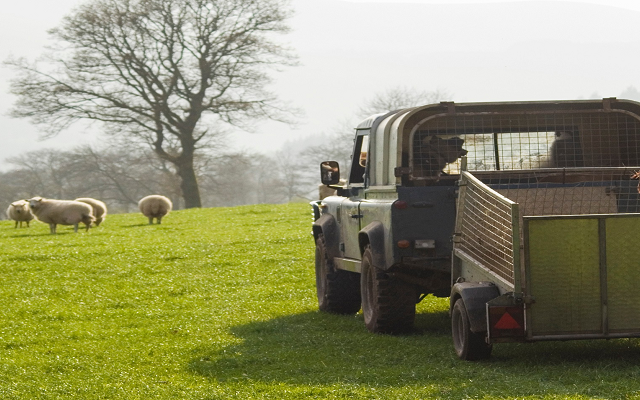Rural England Prosperity Fund – what grants are on offer?
Grant funding for farmers and landowners in England who are looking to diversify is now available through the Rural England Prosperity Fund.
The £110m fund was unveiled last year as a top up to the UK Shared Prosperity Fund (UKSPF).
Previously, schemes like the European-funded LEADER and Growth Programme provided support to many farms and estates to develop food processing businesses, diversify into rural tourism or invest in farm equipment that improved their competitiveness.
The REPF is similar in that it is offering farmers and landowners grants that will create jobs and growth in the rural economy.
What grants are available?
Essentially, the Rural Fund will provide capital grants to:
- Support new and existing rural businesses to develop new products and facilities that will be of wider benefit to the local economy – this includes farm businesses looking to diversify income streams away from agriculture. The sort of projects which may be eligible for funding include the conversion of farm buildings to other business uses, particularly those which support the tourism industry, and the purchase of equipment for food processing. Some councils may also be willing to fund pieces of farm machinery, if the purchase helps to meet their other grant objectives such as helping the UK to meet its net zero targets.
- Support new and improved community infrastructure, providing essential community services and assets for local people and businesses to benefit the local economy.
How to access REPF grants?
The challenge for potential applicants is that the scheme is being delivered by local authorities, rather than centrally.
In total, 117 local authorities have been provided with a financial allocation with the largest funding pots allocated to Cornwall and the Isles of Scilly (£5.6m), North Yorkshire (£5.4m), Somerset (£3.4m), Cambridgeshire and Peterborough (£3.2m) and Northumberland (£3m).
The money is being spread over two financial years (2023/24 and 2024/25) but must be spent by 31 March 2025.
While the decentralised approach allows for localised decision-making – which does have its advantages – it also means that the scheme is being rolled out differently by every local authority.
Consequently, the value of the grants available, the timing of the application window, what the application process looks like and the priorities for funding is different in each region.
For example, some local authorities have set a maximum grant value of just £20,000, while others are offering grants as high as £300,000.
Some councils will also require any grants they offer to be match funded by the applicant.
Strutt & Parker is monitoring the rollout of the REPF across all 117 local authorities it is available in so we can pull together a database of what grants are on offer, where and the application process. If you would like to know if there is an opportunity to apply for funding in your region, please contact Marie Charles.






